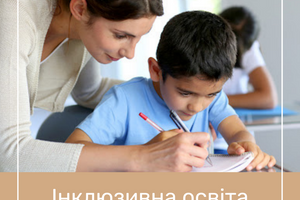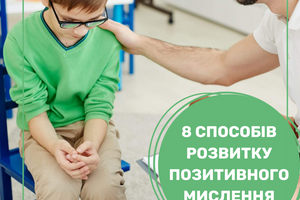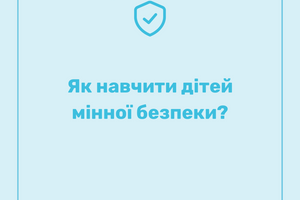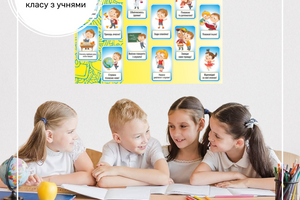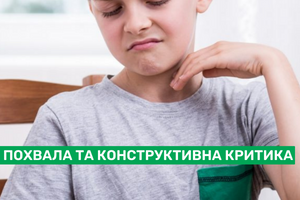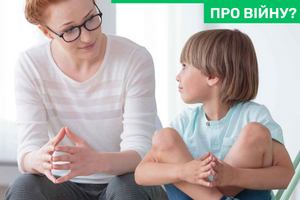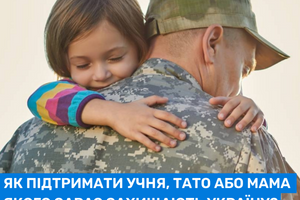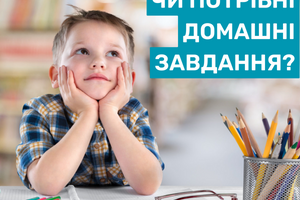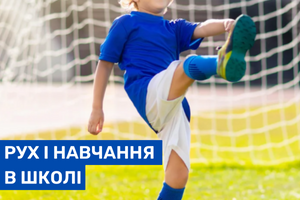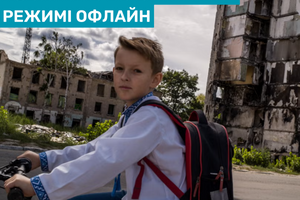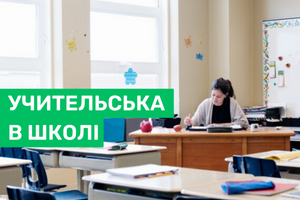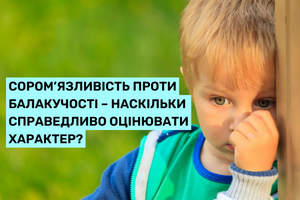How safe is the internet, what are the risks to be aware of and what is the best way to protect children from the dangers? This topic is a broad field, especially since it changes rapidly, so it can be difficult for tech-savvy adults to keep up with the latest developments.
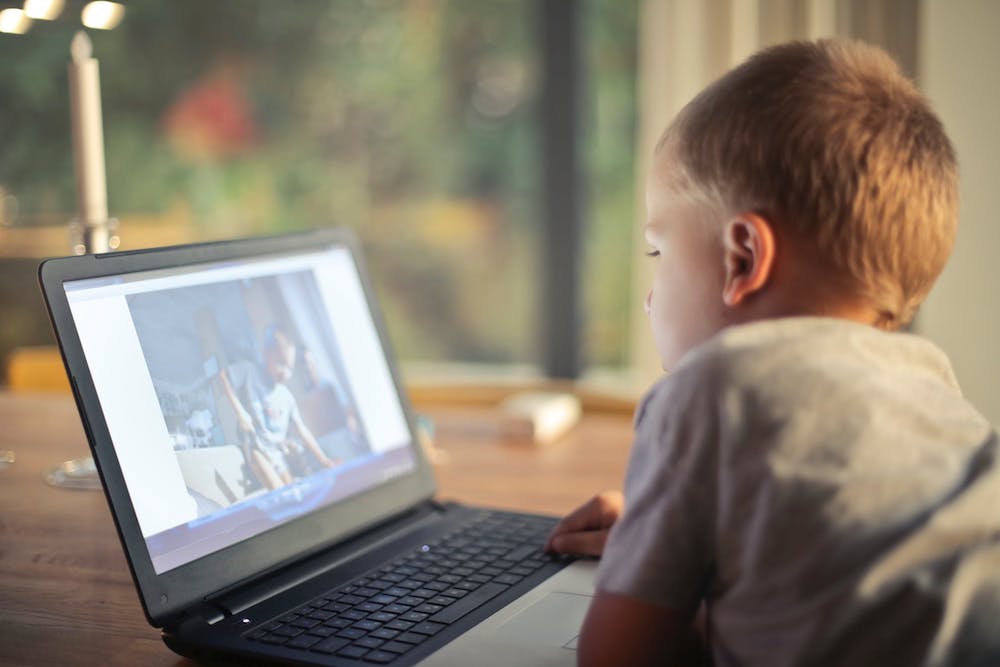
In this post, you'll learn what you need to protect your kids from online because they can't do it themselves, and how best to do it. Plus, we've put together lots of useful links for you and, as always, some practical ways to raise your kids' awareness of their own online behavior.
Content
1. Children and smartphones
2. Danger on the Internet (not only) for children
2.1. Security of private data
2.2. Protection of minors and age categories
2.3. Cyberbullying and cybergrooming
2.4. Malware and passwords
2.5. Real money and addiction potential
2.6. As soon as the reputation is damaged...
3. Advice on safe mobile phone and Internet use for children
3.1. Mobile phones with child protection
3.2. White lists
3.3. Information and conscious behavior
3.3.1. Your students' online behavior
3.3.2. What am I sharing with the world?
3.3.3. Media Literacy and Internet Safety Quiz
4. Conclusion
Children and smartphones
... an often unbreakable friendship. And how could it be different today? Banning the use of cell phones in the classroom does not help, because children have private lives in which they, e.g. also unsupervised. Then there is the matter of media competence: it is a clear advantage to be introduced to the online world and related technologies early on, in case of doubts in the context of home schooling, which many primary school students already have.
In addition, there is also the question of how much a person makes their child an outsider, e.g. does not have a mobile phone or access to the Internet via a PC at home. As an adult, you can make a conscious decision to live offline, but not everyone can do it, and it's much easier, if at all, if you've already experienced the opposite - with all its joys and pitfalls.
Therefore, it is important to explain to children what they should pay attention to when using the Internet and mobile phones - and above all, why. Topics such as data theft or the protection of minors are abstract, so young people must first realize and understand the connection to their own lives.
Even though smartphones are only recommended for children after elementary school, the reality is different, especially since many young people also have access to mobile devices through friends, parents, siblings, if they don't have one themselves.
Dangers on the Internet (not only) for children
The Internet is a limitless space. Useful, exciting, an integral part of everyday life. But let's be honest: if we knew all the dangers that (could) be lurking around every corner online, or even knew exactly where our data is stored, our hair would probably stand on end. I guess we wouldn't stop anyway: it can't be that bad if everyone is doing it. Below is a brief overview of possible hazards.
Security of private data
A big topic, especially given the huge variety of social networks and applications. In principle, any information that enters the World Wide Web is no longer private - and it may be years from now that it appears in places you least expected.
Despite the General Data Protection Regulation, adults are also caught time and time again by (former) employers, authorities or large internet platforms who keep or still have data that they either don't have or should have already deleted. Of course, there are black sheep on the Internet or private individuals with bad intentions and minimal IT knowledge. Even the camera of a laptop or PC is easy to hack.
It is impossible to delete something from the Internet. Paying people can hire professionals for a lot of money to move unwanted search results to page 8 of Google, but if you search patiently and/or use another search engine, you'll find what you're looking for, even if you don't have any technical skills. Unfortunately, you never know if someone's post is going viral right now.
Children are also more carefree when it comes to digital sharing. The found image, song or video that you liked is forwarded in one click and may already be infringing copyright.
At this moment, I want to say: hands off the Internet, let's go back to letters and throwing stones at the window. But, of course, this is impossible, and often undesirable. Research, (further) education, home office, ordering or even some leisure activities would be much more difficult, if not impossible, without the Internet.
Protection of minors and age categories
WhatsApp is open to people over the age of 16. Children between the ages of 13 and 16 need parental consent to use it. (Feel free to start a little survey in your classroom.) Facebook (target), as well as WhatsApp, is legal for children 13 and older under US law.
Truly safe apps for kids mostly rely on parental controls, are mostly unknown or hard to find, or appear to be smartphone-style electronic devices.
In general, age verification on the Internet is often strange. Even on sites that are clearly adult sites, it's often enough to click "yes" to answer a question if you're over 18. It's just as easy to click OK to confirm that the site is for adults only. Some liquor store websites ask the visitor to enter their date of birth. Well, then minors age quickly and are just 47 years old and Taurus instead of Leo. (It's fair to say that many sites with adult content would be hacked if they required a screenshot of an ID, let alone privacy.)
So if you want, you can. Therefore, for reasons of protection of young people, unlimited access to the Internet before reaching the age of majority is theoretically not recommended. However, in practice, this is definitely true for elementary school students.
Cyberbullying and cybergrooming
Insults, sexual content or an allegedly adult who wants to see a photo: both cyberbullying and cybergrooming have been topics in the press for years. And unfortunately, pornographic images and videos are also circulating on children's mobile phones.
Unfortunately, even a study group on WhatsApp or other messengers does not protect against cyberbullying. Anyone who isn't popular can also easily become a victim there – or on any social network. It is common knowledge that bullying has a devastating effect on the psyche. And if it doesn't even stay in the school yard, but follows the kids home or gets on the Internet, changing schools won't help.
The behavior of adults who often pretend to be children or young people and approach them first as an alleged friend or admirer, and then sexually, is called cybergrooming. A chat stream often starts out innocuously, but becomes increasingly lewd as the days or weeks pass. The child's anxiety is broken by compliments, persistence or even threats.
The American online gaming platform Roblox is an extreme and well-known example of sexual harassment, to the point of child abuse, over the Internet in many ways. Roblox is extremely popular among children under the age of 13 - according to Wikipedia, approximately 75% of US children between the ages of 9 and 12 have a Roblox account. The platform offers the ability to create your own games and the account is free.
The allegations include exploiting children as designers, cyber-grooming and worse by the developer, sexual and violent game content, among others. If you want to read this topic, you will need a lot of time and strong nerves, but the explanation is worth it: chat stories are also published and give a vivid insight into cyber-grooming. Unfortunately, there is little to be found in the Ukrainian press (apart from gaming sites), since Roblox is an English-language platform and therefore attracts English-speaking children.
Malware and passwords
There are now many free smartphone apps that reliably keep threats off your devices. Of course, they need to be updated from time to time, as well as regularly scan the device. In the best case, maintenance is done by an adult.
A good PC virus protection is usually reliable and will warn about questionable sites if a threat cannot be ruled out. But to be honest, it won't matter to the kids. In the worst case, something simply stops working for a short time.
It's more dramatic when a mobile phone disappears or even just its contents get into other people's hands. A password protects against this. Which raises the following questions:
Should parents know the password if you shouldn't even share it with your best friend?
Is the 4-digit code really safe even if I don't type "1234" or my date of birth? And how do I make sure I don't forget it, when of course I'm not supposed to write it down?
Is it realistic to advise and expect children to unlock the screen using only a digital password? After all, who really wants to enter a password every few minutes just to read a message?
It seems the most reasonable thing to explain to children why it is advisable not to carry a mobile phone with you wherever you go. Because if he stays at home during a trip or at a child's birthday party, he can neither get lost nor fall into the wrong hands. And with clear agreements ("I'll pick you up at 7:00 p.m.") constant availability is not required.
If children do not want to be without their mobile phones when they meet friends, for example, if they want to watch TikTok videos together, it is better for them to be at home or at their friends' homes than in a crowded place.
Real money and addictive potential
(Mobile phone) games or apps are what annoying tunes were in the nineties: bought quickly, quickly lost a lot of money, did not notice anything. It's clear that kids shouldn't have access to paid apps, but maybe not all parents pay attention because they don't care or don't have enough media skills. And perhaps we all have different definitions of security, as this passage suggests:
Tip: If you set usage limits for your child and want to use the Google Family Link app for this, you must set up a so-called child account for your child. This is automatically linked to your Google account. The age you enter in your child's Google Account is decisive. If your child is over 13 years of age, your child can opt out of restrictions imposed by Family-Link on their own.
Be that as it may, there are tons of free programs and games that take up a lot of time. Platforms like Epic Games or Steam regularly offer free games, there are numerous sites where you can find thousands of free mini-games, most of which are of course also in app form. Many games waste real time because they are based on real time: it takes minutes or hours for a crop to ripen or a forge to expand. (Or it's just so much fun that you lose track of time. Or it becomes a compulsion to keep improving.) You often communicate with other players completely anonymously - and there's not always age verification. If so, maybe there's an older brother or cool dad who'd be happy to help.
The game can be free - some of them offer the opportunity to invest real money. Even if they don't (or if young gamers can't resist the temptation), they may soon be checking in on the game every five minutes to make progress. Fixed "computer time" is not very effective for smartphone users - unless the parents regularly take away the mobile phone or set rules that neither party is happy with.
Tips for safe mobile phone and internet use for children
For most children, two things are most important when using smartphones and computers: entertainment and leisure, especially through games, as well as YouTube or Instagram and communication with friends, such as through WhatsApp. It's only with age that surfing becomes more fun or online research on certain topics finally makes sense.
Internet connection is required for messenger and social networks. However, YouTube videos can be instantly downloaded with JDownloader (free) - this allows adults to make sure that kids don't miss their stars or songs, while at the same time being protected from the shenanigans that are sometimes broadcast and posted.
In general, the more savvy and responsible adults are, the safer children are. This is where the biggest problem often lies: many children have more experience with smartphones, social networks and instant messengers than many adults. For now, we ignore the many reasons, and you don't need to rush to the next training course or go through all the categories. But maybe you could talk to your colleagues about this topic:
Are there competent colleagues who like to teach something to less secure teachers or take their students to a workshop?
What is the situation with parents regarding internet safety and mobile phone use? Are they clueless, stunned, indifferent, or in the know? Are you interested in a workshop yourself or even have a family member who could organize one (for students or parents)?
Are there currently trainee teachers in your school who are interested in the topic and are ready to collect informational materials or contribute their own knowledge?
With a bit of luck, you'll find that either you're not alone in your uncertainty or ignorance, or that there are already enough experts in your immediate vicinity who are happy to help and are more realistic than some brochures.
Childproof mobile phones
There are offers of mobile phones for children on the Internet. They look like standard smartphones, but are equipped with special applications and messengers. They also often have a child-safe internet browser. This can be a good alternative. Another thing is how excited the kids are about their friends' "real" cell phones.
Regular smartphones also offer the possibility to set special parental controls, e.g. about disabling in-app purchases or access to secure sites. To what extent handling such equipment is recommended and harmless for first graders remains to be seen.
White lists
There are many safe browsers for kids that only allow access to verified safe websites. Especially for children of primary school age, this alternative is more suitable than a parent-child smartphone agreement, as can also be found on the Internet, because only with age can young people judge for themselves whether a website, for example, is illegal. At the end of the article you will find links to lists of various child-safe browsers.
Information and conscious behavior
Of course, most children are unaware of the dangers of the Internet. And even if you have already heard this or that story, the topic either remains abstract, or the thought arises: "But this will not happen to me!"
Elementary students should not panic about getting online if they have not been online for a long time. In any case, only legal guardians can offer the most effective protection against the dangers of the Internet, not you as a teacher. But it will be useful if children reflect on their own behavior and prefer to think too often about how they use the Internet and what they say about themselves.
Your students' online behavior
To start, talk to your children and find out how they use the Internet, certain platforms or social networks - and why (it can also be because of loneliness or boredom due to lack of alternatives). An anonymous mailbox is a good way to do this if you really want to know the truth. Who likes to admit that they play on their mobile phone at night, upload an embarrassing video on TikTok or ignore parental restrictions?
Then you can discuss some questions together, such as these:
How important and what time factor is the mobile phone compared to other activities? How do children feel about it and how did they spend their free time 20 years ago?
Do the parents have any measures, guidelines, prohibitions or fixed times for mobile phone and PC use? How do children follow these rules? Do they follow them? What might some rules and prohibitions mean?
What's great about WhatsApp, YouTube, TikTok, Snapchat, Instagram? Are they only practical and entertaining, or perhaps also stressful, annoying, confusing? And how do children feel about being constantly in the center of digital attention?
What games do your children particularly like and why? Do you play alone or with friends, occasionally or for hours? Have you ever neglected important things like homework, studying, or sleep because the kids couldn't get away from their computer or cell phone? (Here's where it gets worrisome.)
How negligent could your kids be by posting their photos or not knowing/not following privacy settings? And what's the worst that can happen?
Why do your students "need" a mobile phone anyway? What types of activities can be replaced by alternative ones, e.g. , through a meeting, a phone call, or something as old-fashioned as a CD or a board game? Would children be bored if they had to do without mobile phones and computers for a whole week - and why? Perhaps you would like to think of a project idea: How do you live without electricity with your children .
Maybe some kids have already had negative experiences online or know stars/influencers who have received hate messages or experienced stress?
With this question at the latest, you have a good transition to the topic of cyberbullying. Some (Internet) personalities have made their experiences public. Talk to your students about why people make hurtful comments, how victims feel, and how you can protect yourself or protect yourself from them. Asking about the differences between bullying and cyberbullying also provides an opportunity to exchange ideas.
There are also videos on YouTube about cyberbullying. Your students can probably identify with this topic the most. Of course, it is up to you to watch excerpts from such documentaries with your children or prefer to make up little stories yourself. You can also find children's cartoons on this topic on the Internet.
What am I sharing with the world?
Another approach is to give your children a variety of statements to judge as appropriate for publication. You can link to actual posts by influencers or similar, use your imagination. Students who are at least passively active on Instagram, etc., may also want to collect examples of harmless and less-than-harmful posts and related comments.
This way, your kids will be more aware of how some seemingly harmless statements can be misinterpreted, taken out of context, or simply become the object of hate by anonymous trolls. You can also discuss how exhausting and stressful it is for stars to share their (supposedly) private lives with the public.
At the same time, many of your children may have fallen out with their best friend. Maybe things happened that you later wish you could undo. If that anger is expressed online, nothing can be taken back that easily. You can talk about it together. To be safe, disputes should be resolved analogically, not digitally. - after all, no one else can influence the victims, and certainly not the entire online world.
As is often the case on the internet, your gut is always right. If they don't like something, your kids shouldn't let anyone convince them otherwise - not out of pity, not out of fear, not out of politeness, as a test of courage, etc.
Media Literacy and Internet Safety Quizzes
You can also find online quizzes that are aimed at children and young people and test their media skills. There may also be a need for discussion here and there, e.g. when it comes to trusting your closest friends. But in any case, there is no harm in thinking and discussing these topics.
Of course, and as is almost always the case, your class can also get creative and create their own guessing games. The quiz at the end of a series of lessons is also a good way to test what you've learned in-game. Other classes may also want to borrow the quiz.
Conclusion
The dangers of the Internet for the uninitiated are as varied as online safety checklists, tips, guidelines, and brochures. So either take plenty of preparation time with you before tackling the topic with your students, or team up with experts, whether from a group of parents or colleagues, in the form of media educators who visit you in the classroom, or simply provide hands-on training yourself. approaches.
Tip: A lively discussion on programming and coding topics also helps to better understand the technology and safety while using it. Of course, you will find suitable products in our online store.















